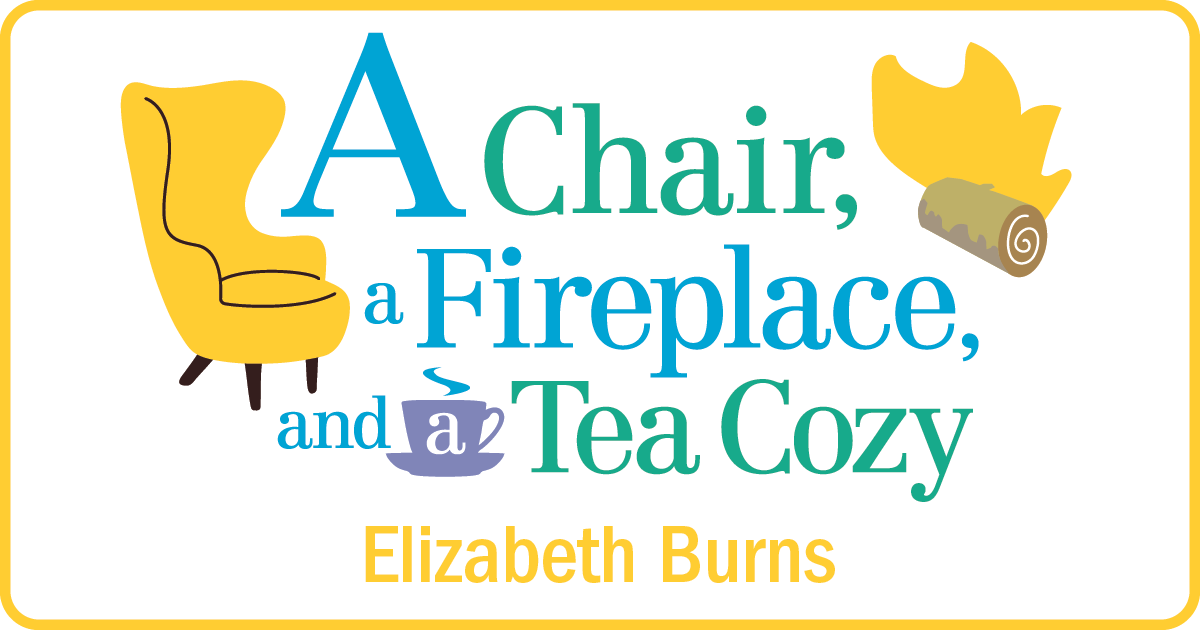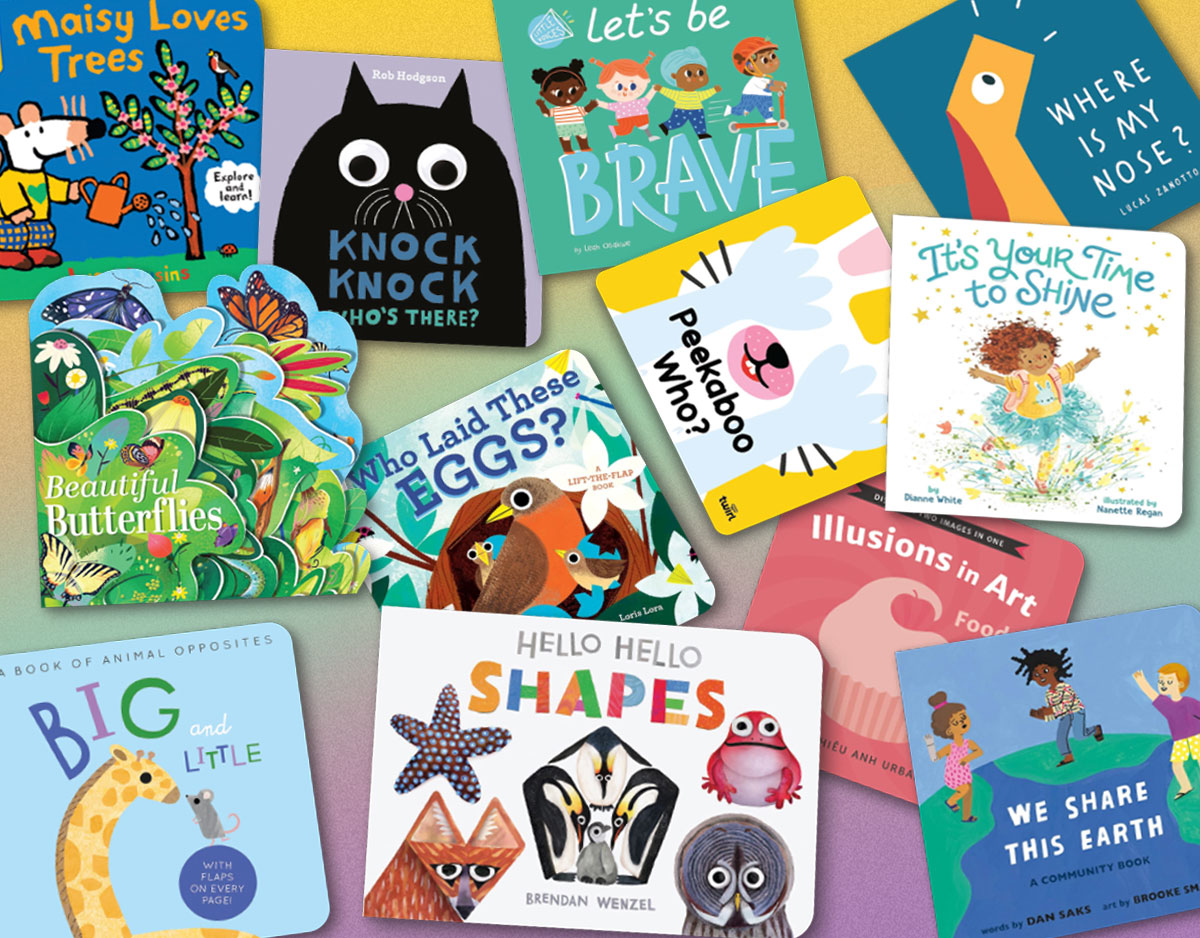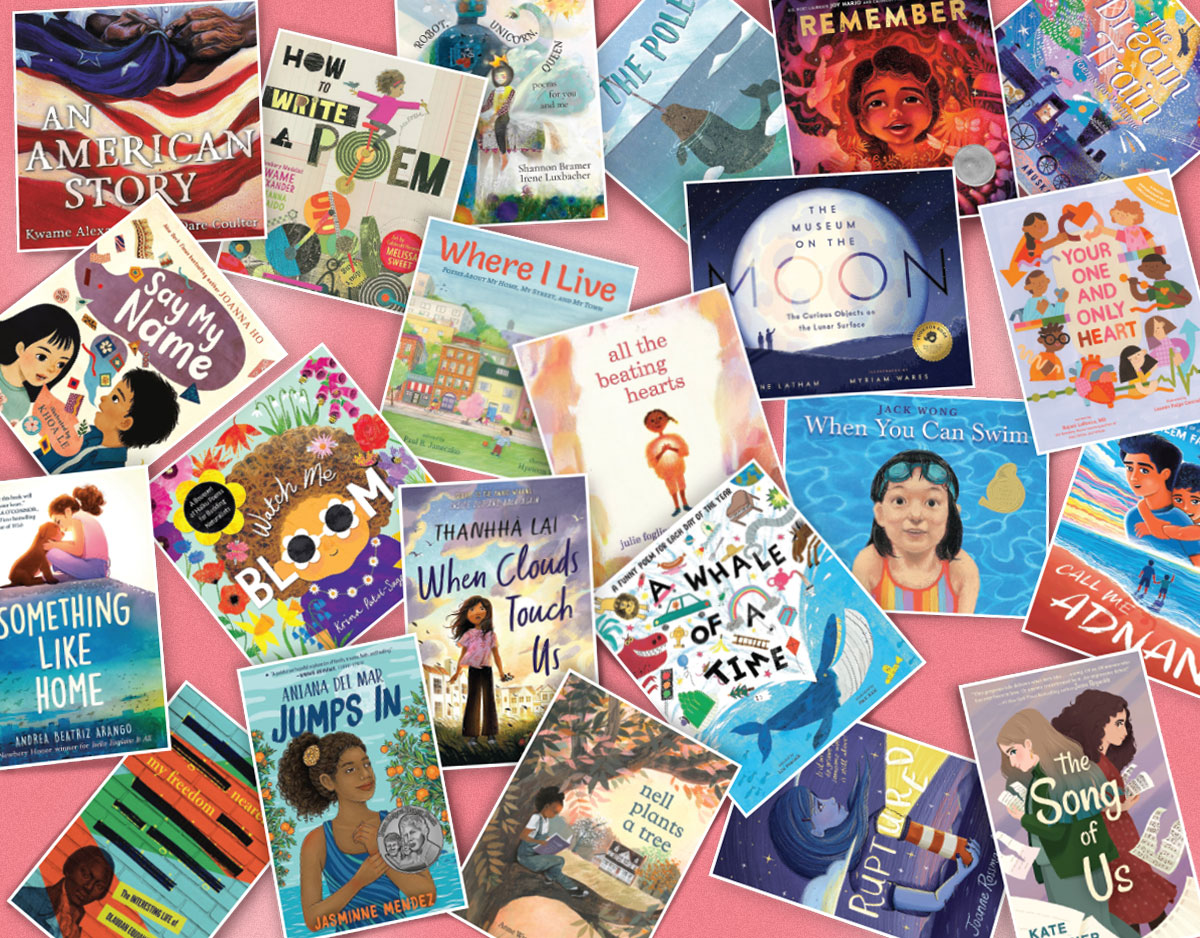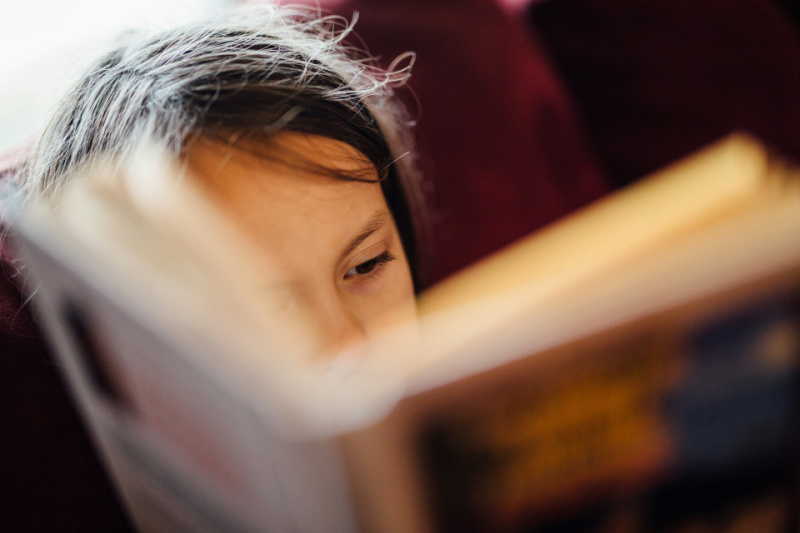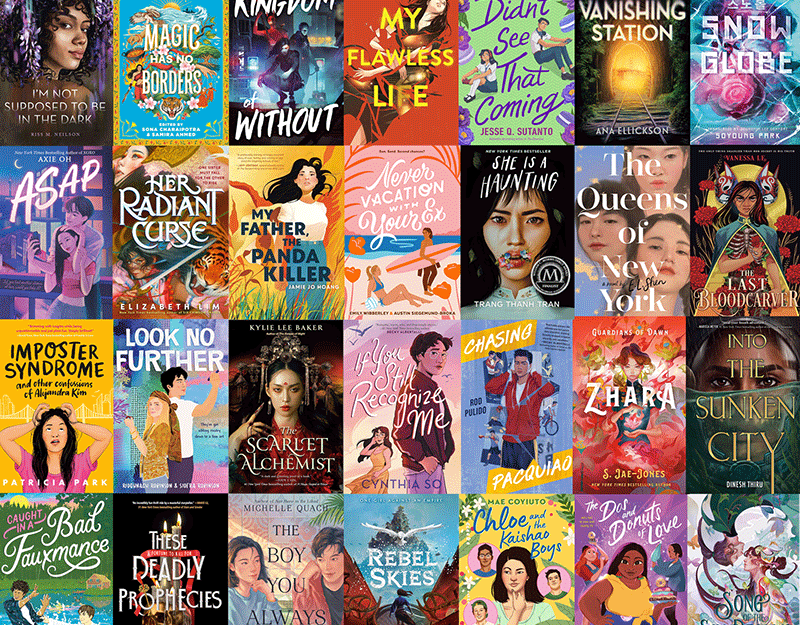SCROLL DOWN TO READ THE POST
On Being Eight and Being Chris Brown

In a recent interview in the Guardian, the singer Chris Brown spoke about losing his virginity at 8. The full quote is “He lost his virginity when he was eight years old, to a local girl who was 14 or 15. Seriously? “Yeah, really. Uh-huh.” He grins and chuckles. “It’s different in the country.” Brown grew up with a great gang of boy cousins, and they watched so much porn that he was raring to go. “By that point, we were already kind of like hot to trot, you know what I’m saying? Like, girls, we weren’t afraid to talk to them; I wasn’t afraid. So, at eight, being able to do it, it kind of preps you for the long run, so you can be a beast at it. You can be the best at it.”
At Clutch Magazine, Yesha Callahan writes that Chris Brown Didn’t Lose His Virginity at Eight Years Old, He Was Raped at Eight Years Old. “Someone please inform Chris Brown, and his mother, that her 8 year-old son was raped. Couple that with being witness to his mother’s own physical abuse, therein lies the problem with Chris Brown. I am the last person to ever make excuses for Brown’s past behavior but what he touts as prepping for the long run, only prepped him for the worst.”
ADVERTISEMENT
ADVERTISEMENT
Online reaction to Brown’s interview was mixed, included two very different posts at Jezebel. First, “Chris Brown Brags About Losing His Virginity When He Was Eight,” which is so horrible that it’s impossible to pull one representative quote to show just how awful it is. It’s so awful that Jezebel actually added a note, “Jezebel failed to properly approach and address this topic, and we apologize for the oversight.” So Jezebel published a second post, Chris Brown Didn’t Lose His Virginity at 8. He Was Raped. This time they acknowledged what many of us had already thought upon reading about Brown’s statement –– “If Chris Brown were Christine Brown talking to The Guardian about how she had sex with a 14-year-old neighborhood boy when she was 8, no matter how much she “chuckled” during the exchange, the writer would not refer to the experience as “losing her virginity.”
As Color Lines explains in A Note About Chris Brown, Rape Culture, and Our Ethics, “And rape culture is, of course, one of misogyny. It equates maleness with sexual aggression thus absolving male rapists of their crime and disappearing those males who are victims. This culture whispers in our ears that men and boys can’t really be raped by women or girls. To admit to such a violation would suggest femaleness or weakness, which is the worst thing you can be in this sick ecosystem.”
From Ebony Magazine, “Dear People Who Flipped Chris Brown’s Rape,”Yes, the singer sounded quite boastful about the experience, but that speaks to the way boys are often socialized into believing there is no such thing as rape for them. His attitude about the matter speaks just as much to a societal ill as it does his overinflated ego.” Ebony also asks us to examine whether Brown is treated the same as white celebrities: “Brown is as right now as he was two years ago when he first noted how troubled White celebrities are given more favorable coverage after their transgressions than their Black peers.”
FlavorWire, in Why Is No One Talking About the Fact That Chris Brown Was Raped, also looks at the role race plays in the reaction (and non-reaction, i some places) to Brown’s interview, as well as how Brown is treated differently from other famous people who have been accused of domestic abuse: “Why has John “Give Peace a Chance” Lennon’s history as a wife-beater failed to tarnish his messianic reputation? Why does no one ever mention anymore that Nick Oliveri from Queens of the Stone Age held his girlfriend prisoner, necessitating the intervention of a whole f***ing SWAT team?” This is not to excuse Brown but to understand him, to understand others, and to ask hard questions about whether and when our reactions to something varies. Again, from FlavorWire: “a society — even if we view him as a monster — we all have a stake in understanding what makes a Chris Brown. To reiterate: this in no way excuses his behavior. Abusers deserve condemnation, and no one but Brown chose his actions on the night of the VMAs in 2009. But no behavior happens in isolation, either, and Brown is as much a product of his upbringing as anyone else.”
In When Yes Is Not Consent, I wrote about the “myth of the teenage temptress”. This is a bit different: about, rather, a culture where someone like Brown does not want to view himself as a victim so instead tells this story with a chuckle, as something positive about himself. A culture where sexual assault of boys is treated differently from girls. Where a boy is of course always going to want sex, regardless of circumstances. Regardless of age.
Chris Brown’s story, in a book for teens or kids, would be one ripe for banning because people don’t want their kids to read about these things. His story is messy and complex, and involves a real person and much as I think it’s important to observe that what he describes is rape, even though he doesn’t, I also can’t help wondering what is going on in this young man’s mind as he reads these headlines.
ADVERTISEMENT
ADVERTISEMENT
Why is this something librarians who work with kids and teens should know about it? Because, of course, these kids are our kids. They are not “the other.” The kids in our libraries and schools. The kids who are acting out in the library or sitting quietly reading books. The kids you know to worry about and the kids you think have it all figured out. Having books about these experiences, fiction and nonfiction, can help those kids process what happened to them; what happened to their friends; or, to just be aware that this is something that happens.
And it can also help us understand just what rape culture is and what it means.
Edited to add:
In Brown’s interview, he said the girl was fourteen. In some comments at articles, I saw a “well what would you do if the other kid was also 8, would you prosecute them both for rape, ha ha ha.” Let’s ignore the “ha ha ha” aspect — because this was just said to be trollish — because guess what? It’s a good question. And it’s a question that a recent YA book addresses. And it’s a question sometimes answered in prosecution. See Prosecution is Not the Way to Save a 10 Year Old Child at the ACLU Blog.
Time Magazine addresses another good question: Chris Brown Was Raped. Does It Matter If He Doesn’t Think So? explaining why it matters, not just for Brown for other eight year olds. I saw something else, there, in addition to the obvious — yes it matters. Brown is not the first celebrity to state he lost his virginity at a young age. I wondered about that when I wrote this post; but my quick research found too much naming ages but not naming the age of the partner, so I didn’t pursue it. Also, what I found had the youngest age of 13. Time did more thorough research than I did: it points out Josh Brolin saying he lost his virginity at 11.
Why didn’t Brolin’s interview get the online reaction that Brown’s interview did? Is eleven that different from eight? Is it because Brolin didn’t mention the girl’s age, just her name? Brolin himself has a bad boy image, so why didn’t his interview get the same blog posts or questions?
Filed under: Uncategorized
About Elizabeth Burns
Looking for a place to talk about young adult books? Pull up a chair, have a cup of tea, and let's chat. I am a New Jersey librarian. My opinions do not reflect those of my employer, SLJ, YALSA, or anyone else. On Twitter I'm @LizB; my email is lizzy.burns@gmail.com.
ADVERTISEMENT
SLJ Blog Network
2024 Books from Pura Belpré Winners
In Memorium: The Great Étienne Delessert Passes Away
Winnie-The-Pooh | Review
Finding My Own Team Canteen, a cover reveal and guest post by Amalie Jahn
The Classroom Bookshelf is Moving
ADVERTISEMENT
ADVERTISEMENT

